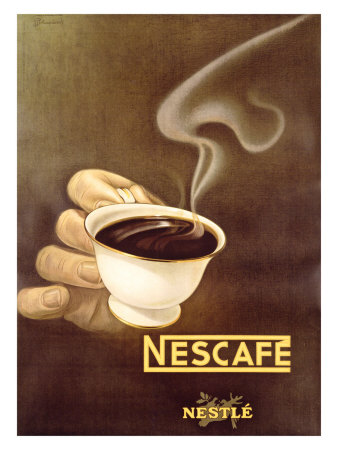Gun battles rage in Libya, Gaddafi fights on

BENGHAZI, Feb 25 — Forces loyal to Muammar Gaddafi hit back at rebels holding towns near the Libyan capital yesterday but there was no sign they had broken the momentum of opposition gains that have been closing in around Tripoli.
With a spike in oil prices threatening prospects for a global economic recovery, the United States said it was keeping all options open, including sanctions and military action in response to the Libyan government’s crackdown on the uprising.
But coordinated international action against Gaddafi, who has ruled the oil-rich desert nation of six million for 41 years, still seemed some way off, as foreign governments sought to evacuate thousands of their citizens trapped by the violence.
 In a rambling appeal for calm, Gaddafi blamed the revolt on al Qaeda leader Osama bin Laden, and said the protesters were fuelled by milk and Nescafe spiked with hallucinogenic drugs.
In a rambling appeal for calm, Gaddafi blamed the revolt on al Qaeda leader Osama bin Laden, and said the protesters were fuelled by milk and Nescafe spiked with hallucinogenic drugs.
Disparate opposition forces were already in control of major centres in the east, including the second city Benghazi. Reports of the third city Misrata, as well as Zuara, in the west also falling brought the tide of rebellion closer to Gaddafi’s power base — though information from western Libya remained patchy.
In Misrata, which opponents of Gaddafi said they had taken on Wednesday, residents said loyalists and foreign mercenaries launched a counter-attack yesterday but had been contained.
“The protesters have overcome the security forces and taken full control of the city,” Mohamed Senoussi, 41, told Reuters by telephone from Misrata, 200km east of Tripoli.
Gun battles in Zawiyah, an oil terminal 50km from the capital, left 23 people dead, a Libyan newspaper said. Al Jazeera quoted residents putting the toll at 100 there.
France’s top human rights official said up to 2,000 people might have died so far in the uprising, which began on February 15.
Western governments, which embraced Gaddafi and his oil in recent years after decades of isolating a leader once branded a “mad dog”, struggled to find a common response to the crisis.
Talk of sanctions against the country, or against Gaddafi and his circle, swirled without clear agreement in view. Even a push by Western states to suspend Libya from the low-powered UN Human Rights Council met with strong resistance from Arab and some other Islamic states, as well as from Russia.
The Swiss government said it had frozen assets belonging to Gaddafi and his family.
 Gaddafi, who just two days ago vowed in a televised address to crush the revolt and fight to the last, this time spoke to state television by telephone, and sounded more conciliatory.
Gaddafi, who just two days ago vowed in a televised address to crush the revolt and fight to the last, this time spoke to state television by telephone, and sounded more conciliatory.
“Their ages are 17. They give them pills at night, they put hallucinatory pills in their drinks, their milk, their coffee, their Nescafe,” Gaddafi said.
A Tripoli resident, who did not want to be identified because he feared reprisals, told Reuters: “It seems like he realised that his speech yesterday with the strong language had no effect on the people. He’s realising it’s going to be a matter of time before the final chapter: the battle of Tripoli.”
Tiada ulasan:
Catat Ulasan